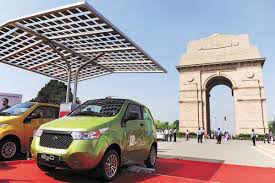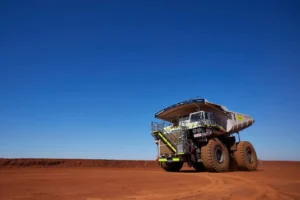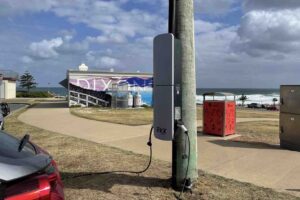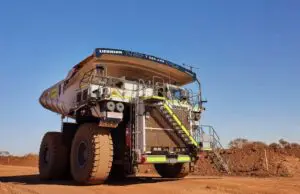“The idea is that by 2030, not a single petrol or diesel car should be sold in the country.”
Those aren’t the words of an environmental activist, or of Tesla founder Elon Musk. Rather, they are the words of Piyush Goyal, India’s minister of state with independent charge for power.
Minister Goyal believes that with just two to three years of government assistance, India’s electric vehicle industry will be able to stand on its own two feet and provide its population of 1.3 billion with access to competitively priced electric vehicles. Currently EVs make up only 1.3 per cent of all annual car sales.

That cost factor, according to the minister, is the biggest hurdle. Goyal believes most people would like to purchase an electric vehicle once they become more cost effective.
A key part of the new target is a no-money-down electric car purchasing program that lets consumers repay the loans from their fossil-fuel savings.
This seems to be an extension of the government’s 2020 plan to invest $2.5 billion by 2020 to spur demand for electric vehicles. The balance of $1.75 billion would be invested by the government and the industry to develop power and charging infrastructure and in research and development.
According to the government, the $2.5 billion subsidy would help the country save about $11 billion on fuel costs – not to mention the cost of public health.
A report published this year by Greenpeace, entitled ‘Airpocalypse’, painted a dire picture of the health effects of pollution in India, with as many as 2.3 million deaths directly related to air pollution each year.
Minister Goyal is said to want to target densely populated areas first with the EV scheme, such as Delhi, which according to the Greenpeace report has concentrations of particulate matter 13 times the annual limit set by the World Health Organisation.








